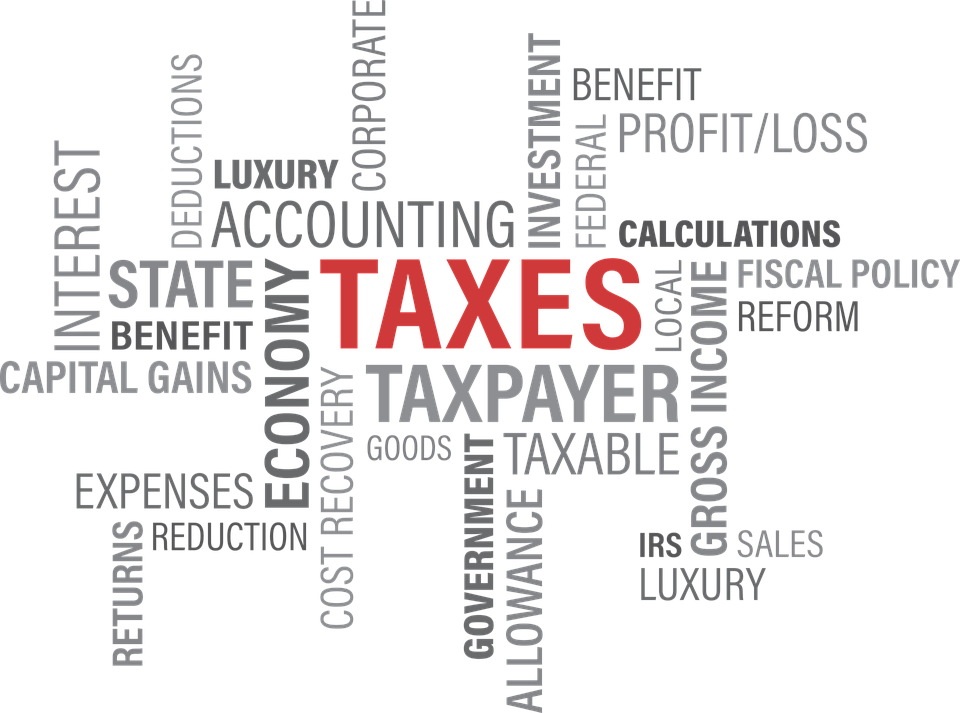2020 is probably a year that many will gladly put behind them and wish for a better 2021. However, rather than just wishing for a better 2021, there are some steps that you can take that might help you make that wish a reality. One of those important areas is your taxes. Unlike many other countries, the U.S. tax system is technically a voluntary compliance system; it is up to each taxpayer to figure out and pay the proper amount of taxes.
COVID-related legislation drove a lot of tax changes for 2020 and President-elect Joe Biden has proposed many tax changes for 2021. With tax laws already very complicated it can be easy to make mistakes or miss things.
Wolters Kluwer Tax and Accounting has worked with their tax experts, including principal federal tax analyst Mark Luscombe, JD, LL.M, CPA, to offer a list of resolutions taxpayers can use to get ahead of taxes in 2021:
- Organize your tax documents. It is very helpful to collect and organize important tax documents throughout the year so that nothing is overlooked. And keep those organized documents in a safe place as part of your disaster preparedness plan. This year there are also some new documents that may be required related to COVID and those economic stimulus payments.
- Maximize your tax-favored retirement plan contributions. Maximizing your contributions helps grow your retirement fund, it can entitle you to employer matching, and it may help reduce your taxes.
- Start or update an estate or incapacity plan. Even if you are under the federal estate tax exemption limit, that limit could drop in the future, there may be state estate taxes to try to avoid, and you can direct your money where you want it to go.
- Update your W-4 Form. The IRS revised the W-4 form in 2019 to make it easier to calculate the correct withholding, but many employees have not yet completed the revised form.
- Pay close attention to foreign accounts and cryptocurrency transactions. The IRS asks questions about these on the tax return and increasingly has access to third party information to determine if you are disclosing your income properly.
- Look at amending prior years’ tax returns. Recent retroactive tax legislation has provided a lot of potential tax benefit to amending prior years’ tax returns, including the Kiddie Tax, disaster losses, mortgage debt forgiveness, mortgage insurance premiums, energy-efficient home repairs, and, for businesses, net operating loss carrybacks.
- Be a better steward of your financial assets. Always look for income-increasing or tax-saving opportunities such as refinancing a mortgage at a lower interest rate, reallocating investments for higher returns with taxes in mind, or considering Roth IRA contributions or conversions.
- Consider hiring a professional tax expert to help with your taxes. Taxes are very complicated, and experts can help you identify ways to reduce taxes that you may have overlooked.
Thanks for reading CPA Practice Advisor!
Subscribe Already registered? Log In
Need more information? Read the FAQs
Tags: Digital Currency




